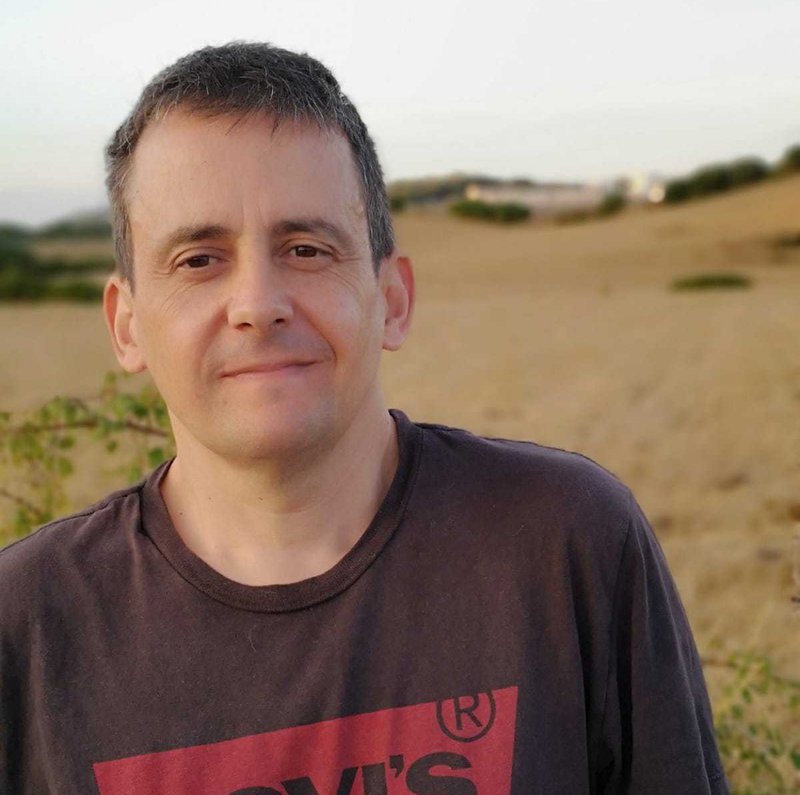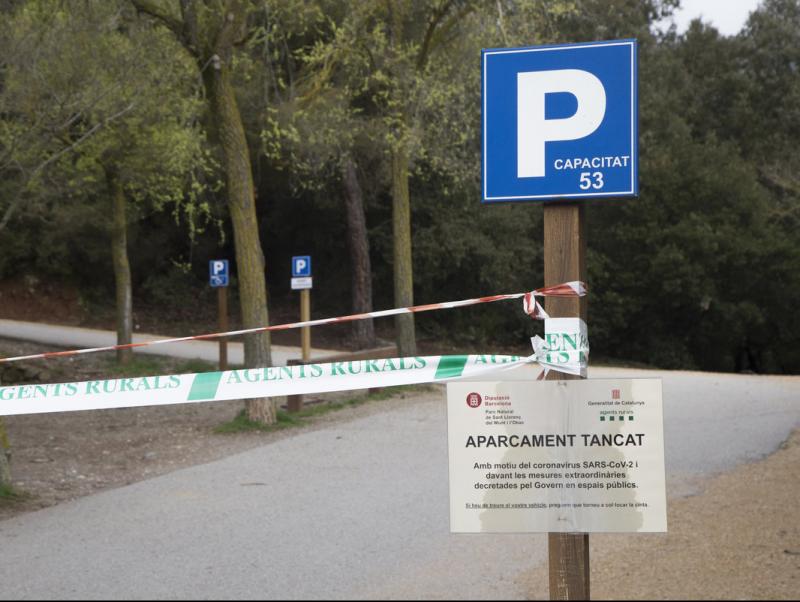Features
Xavier Rodó
Researcher at the Institute for Global Health (ISGlobal)
“Covid-19 is just a taste of what may come next”
A specialist in climate and disease, this scientist argues for reducing human pressure on the environment and other species to help prevent emergencies like the current pandemic.
Has the magnitude and evolution of this pandemic surprised you?
It wouldn’t be honest of me to say I’m not surprised; it’s shown how ecologically complex the Earth is.
Can lessons be learnt from the pandemic?
Many, and the first is that we’ve shown we can all agree that this pandemic is a global priority and that we need to work together. The virus has evolved to avoid our control and so we need to learn about what’s happened to prevent situations like this, or worse, in the future. So far, they’ve sequenced 26 genotypes of this virus, but I don’t know how many in our country or whether there are many more that they haven’t sequenced because mass testing hasn’t been possible. This is really serious, because one of the dangers is that if the virus mutates, it optimises its capacity to transmit and its lethality. We may have lifted the total lockdown too soon. Italy extended its quarantine to May 3, even though things began a lot earlier there. Even with the 5 to 14 day lag between bringing in social distancing measures and them taking effect, we still don’t have the epidemic fully under control here. It would be better to wait until we do. On the positive side, we can learn a lot from what’s happening. Measures are needed now and in the coming weeks and months. We need to know the real incidence of the virus, and whether immunity has been generated by studying the seroconversion [the period during which a specific antibody develops and becomes detectable in the blood], and whether the immunity will be lasting.
Could the virus disappear over the summer with the higher temperatures?
It’s possible, and we’re hoping it will behave like other coronaviruses that cause the common cold, for example. There’s some controversy, because studies on the evolution of the pandemic in Africa suggest it will not disappear due to high temperatures, but the data used were too simplistic. Other fairly well conducted analyses, which studied the outbreak in China by geolocating 80,000 cases in different cities and provinces, clearly indicate that regions with an average temperature of above 20 ºC – and to a lesser extent those with very low temperatures – have a lower incidence of the virus.
Will society have to get used to this type of epidemic?
Sadly, I think so, and increasingly so if we don’t change human pressure on the environment and other species. It’s not about a problem with a local origin, but behaviour that shows a lack of respect for the environment and the other species we share the planet with. There needs to be a change of paradigm to limit situations like this.
Will this pandemic help to make people and governments more aware of the need for measures to protect the planet’s biodiversity?
That’d be great, but experience tells me it won’t happen, unless society demands it. And it should do because Covid-19 is only a taste of what could come if we don’t change the way we relate to the environment and other species.
What measures are needed most?
There are a lot of urgent things now, because we are reactive rather than proactive. We have to develop a quick response time to public health emergencies of this type. We used to see them as distant; now we have them right here and there’s nowhere to hide. We need to react with intelligence and global solidarity. There’s no difference between rich and poor where this is concerned, because there are no frontiers for these types of virus and that makes it a common struggle.
health interview
Related news
Leave a comment
Sign in.
Sign in if you are already a verified reader.
I want to become verified reader.
To leave comments on the website you must be a verified reader.
Note: To leave comments on the website you must be a verified reader and accept the conditions of use.



